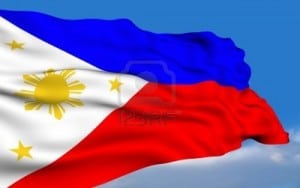When it comes to Chinese exports, most people think of the clothes and electronics shipped from the factories of places such as Guangdong.
Ningxia, one of China’s more remote provinces, is looking at the Middle East as a market for its exports, especially halal food products, to grab its share of the country’s growth.
Cheap and made by the container load, exports such as these have fuelled the dragon economy’s furious economic growth, transforming much of China.
Far from Guangdong and the rest of the southern manufacturing belt, both in geography and character, another area of China is looking to enjoy its share of the spoils of the country’s export boom. Ningxia Hui autonomous region, to use the official title, is particularly focusing on exports to the Middle East, and for good reason. Of the region’s 6.2 million people, 36 per cent are Muslims, a legacy of the ancient trade links of the Silk Road that gave rise to the Hui ethnic minority.
Ningxia hopes to use its religious and cultural affinities to the Middle East in its aims to become a major exporter, particularly of halal food products. Last month the region’s capital city, Yinchuan, hosted the first China-Arab States Economic and Trade Forum as part of its drive to improve economic ties. The forum, intended to become an annual event, was held to coincide with Ningxia’s regular international investment and trade fair. Several Arab countries including the UAE took part in both gatherings.
Ningxia hopes to stimulate two-way investment and exports of commodities. “We’ll turn Ningxia into an important base linking China and Arab states,” says Li Rui, the vice chairman of Ningxia’s government. Trade between Ningxia and the Arab world stands at a modest US$60 million (Dh220.3m) a year, just a fraction of the $107.4 billion between China and Arab states last year. Ningxia also wants to increase trade with central and South East Asia, to help cope with a drop in exports to other parts of the world, as business with Europe, Japan and the US was hit by the global financial slump.



